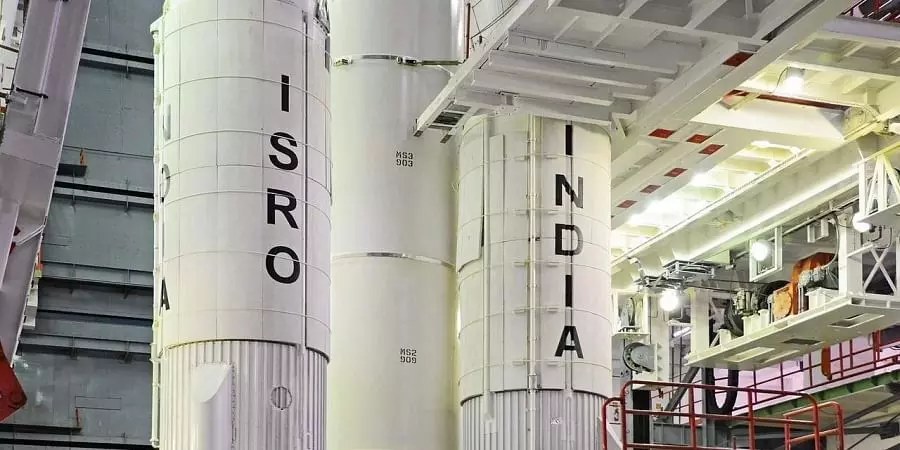
New rocket being developed by ISRO to replace PSLV
text_fieldsThiruvananthapuram: The Next Generation Launch Vehicle (NGLV) is a rocket being constructed by the Indian Space Research Organisation (ISRO) to replace its ageing workhorse, the Polar Satellite Launch Vehicle (PSLV), which was created in the 1980s.
This was announced by S Somanath, the chairman of ISRO, at a news conference held Thursday at the Liquid Propulsion Systems Centre (LPSC) at Valiyamala sidelined with the "Engineers Conclave 2022."
"PSLV was developed in the 1980s and it does not serve the needs of the 2020s. There needs to be an evolution," Somanath said.
He refused to provide a specific date but stated that ISRO would discontinue utilising the rocket after carrying out the remaining launches that had been authorised by the government.
When asked directly about the NGLV's propulsion system, Somanath responded that it will use "semi-cryogenic" technology, which is both effective and affordable. He made a suggestion that the new rocket might possibly be "reusable." "A reusable rocket will have a smaller payload than an expendable one. If it is reusable, the payload will be around five tonnes and if it's expendable, it will go up 10 tonnes," he added.
According to Somanath, the payload characteristics were determined following a study of the demands of the present market, NIE reported.
According to Somanath, industry involvement was crucial from the start of the new rocket's development. This would guarantee the ability to build, operate, and launch it on a commercial basis if developed outside of ISRO. "It is possible for the industry to support and create this rocket (NGLV) as a national asset that can be operated for a sufficient period of time," he said earlier while speaking at the conclave.
According to Somanath, ISRO is also in talks with the Union Agriculture Department to develop a "Bharat Krishi satellite" that will study crop growth patterns, spot irrigation problems, and provide information that will support pest control efforts and the verification of farm insurance claims in addition to serving a variety of other purposes.
"We will give support to the Agriculture department. The satellites will be owned and operated by them. A minimum of two satellites will be needed to ensure proper re-visit capability," he added.
The country's homegrown satellite navigation system NaVIC may see an increase in civilian use, according to the ISRO chairman. He acknowledged, however, that his efforts had not resulted in anything concrete.
"It is penetrating slowly into the civilian sector. But the primary goal of NaVIC continues to remain as a service to the strategic sectors," he reminded.























